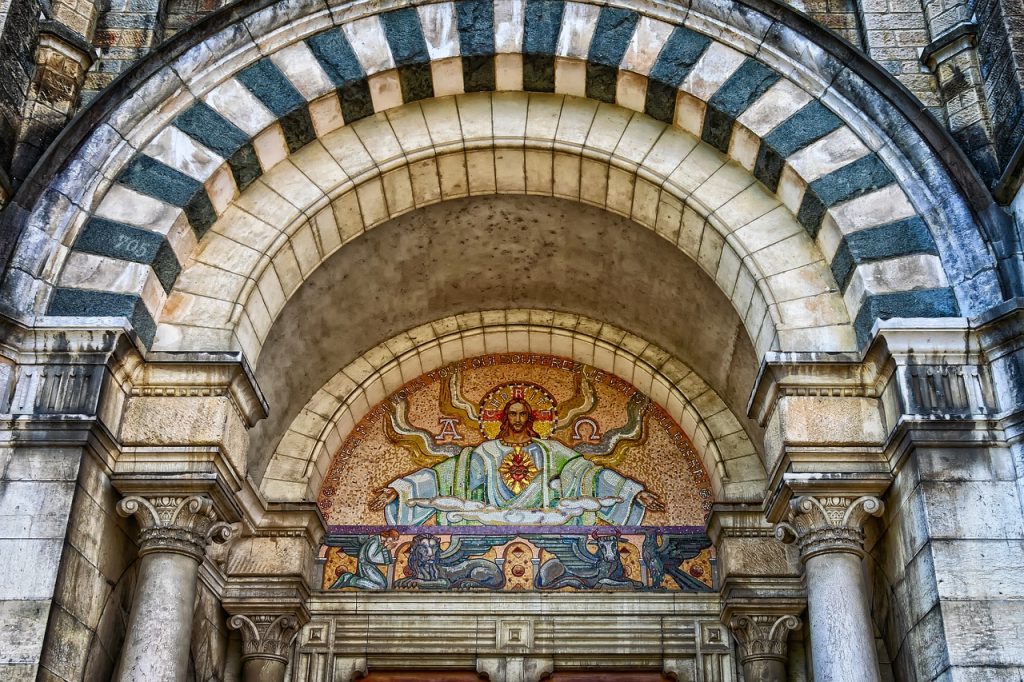Important people don’t have to hustle. Others do that for them. They can move at their own pace.
The lost sheep, lost coin, and the lost son
Before Jesus talked about lost things that were found he balanced the picture of the great open heavenly feast with the costs of discipleship. All are invited but it demands all you have. (Luke 14:12-35)
Martin Luther summed up the balance when he said, “We are saved by faith alone, but the faith that saves is never alone.”
To follow Jesus takes all of you. You are often out of place in this world. Family, friends, and people in general don’t understand what you are doing
Jesus told stories about a God who looks for the lost when they are far from him. He talked about the human joy of finding a lost animal or coin. He said that the joy in heaven was far greater. (Luke 15:1-10)
The Father who runs
He then told a story that is the source of a picture often applied to disappointing children, the Prodigal Son.
The younger son asked for his inheritance while his father was still alive. He all but told his father that life would be better without him but with his money. He took the money, went away, and wasted it. He suffered humiliating consequences. He decided to return home, acknowledge his wrongs, and rejoin his father’s household as a servant, not a son. (Luke 15:11-19)
The father was looking for him, interrupted his speech and celebrated his return. The older brother was angry at his Father’s response but the father urged him to join the celebration. (Luke 15:20-32)
Jesus used the father to reveal the response of God to those who return to him.
The Father’s Response
He was looking for the son.
He ran to greet the son.
He interrupted the confession and restored the son.
He celebrated the son’s return.
He reached out to the legalistic brother and wanted him to celebrate as well.
Grace and Consequences
There is a subtle but clear note of the consequences of the actions of the returning son. There will be no inheritance for him when the father dies. All that the father has belongs to the older son. (Luke 15:31)
We live in a world of grace and consequences. We do not suffer all the consequences we deserve but there are some empty places in our lives that are reminders of past mistakes.
The sons are real people. There is the wasteful, self-centered, impatient but repentant son. There is also the obedient but legalistic son. There are no black and white hats. They’re just like us.
Both of them had a forgiving, patient father.
How have we experienced the balance of grace and consequences in our lives?
When have we run to welcome someone back to the faith?
When has someone ran to welcome us?
When have we taken our time when we should have ran?
Never miss out!
Get email updates whenever I publish new content.

